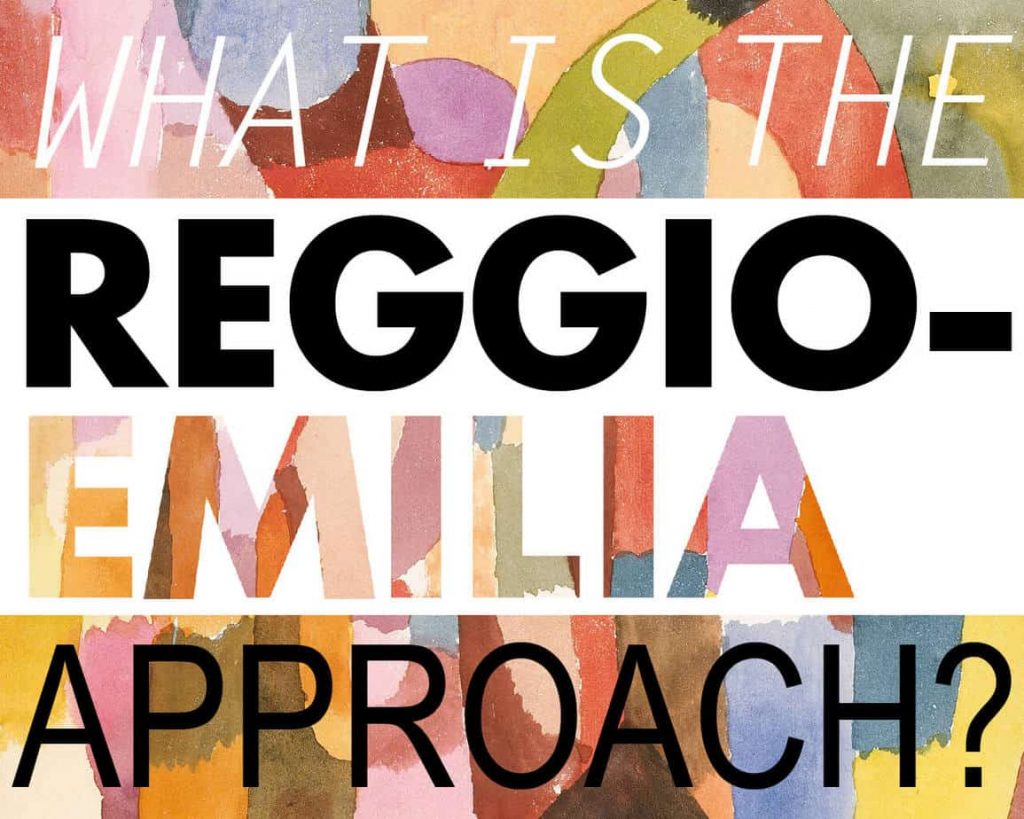thE reggio emilia philosophy
The Reggio Emilia Philosophy
The Reggio Emilia philosophy can be easily understood through three important concepts:
- Respect for the child.
- Emphasis on building relationships.
- The power of the learning environment.
Why the Reggio Emilia approach works:
1. A unique and specific learning journey
Reggio Emilia does not just throw children in the deep end of learning and expect them to swim. The approach tracks each child along a specific learning journey. Its flexible and child-centric learning approaches are tailored to enrich learners with a healthy understanding of concepts, within the context of the greater world.
2. Encourages strong social and interpersonal skills
The Reggio Emilia approach encourages the building of strong relationships and networks between children, teachers, parents and the greater community. Children are constantly practising empathy and positive social skills in order to better understand the role of friendship and the needs of others in the community.
3. Self-discovery through the environment
The environment is used to its fullest and is an integral part of the learning journey. A Reggio Emilia classroom will be immediately recognisable through its use of natural material and engagement of all senses. There is a strong focus on sensory learning and outdoor lessons as a form of experiential learning.

Some of the unique opportunities a Reggio Emilia approach offers your child:
- Practical skills in the context of real world environments.
- Connecting children to the greater community.
- Developing positive social skills.
- Room for self-discovery.
- An environment that stimulates learning.
- Outdoor education experiences.
- Using ‘play’ to learn complicated concepts.
- Intuitive insights into the needs of others.
- Long-term project learning.
- Incorporating different learning languages – writing, building, sculpting and dramatic play.
